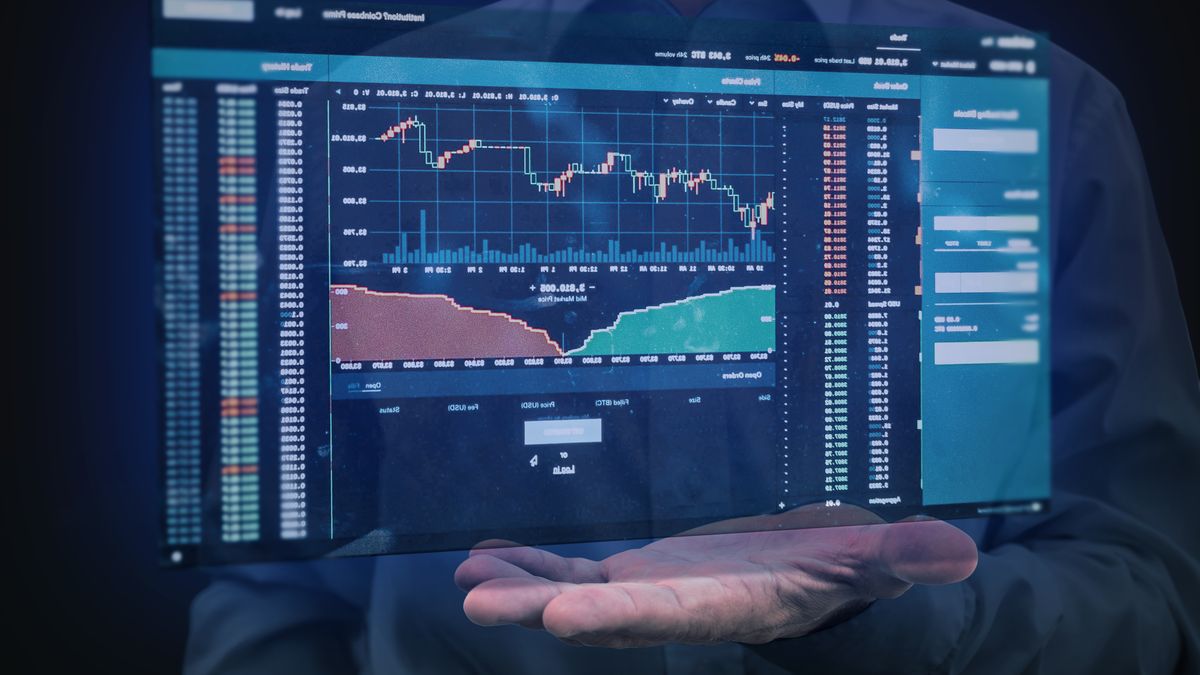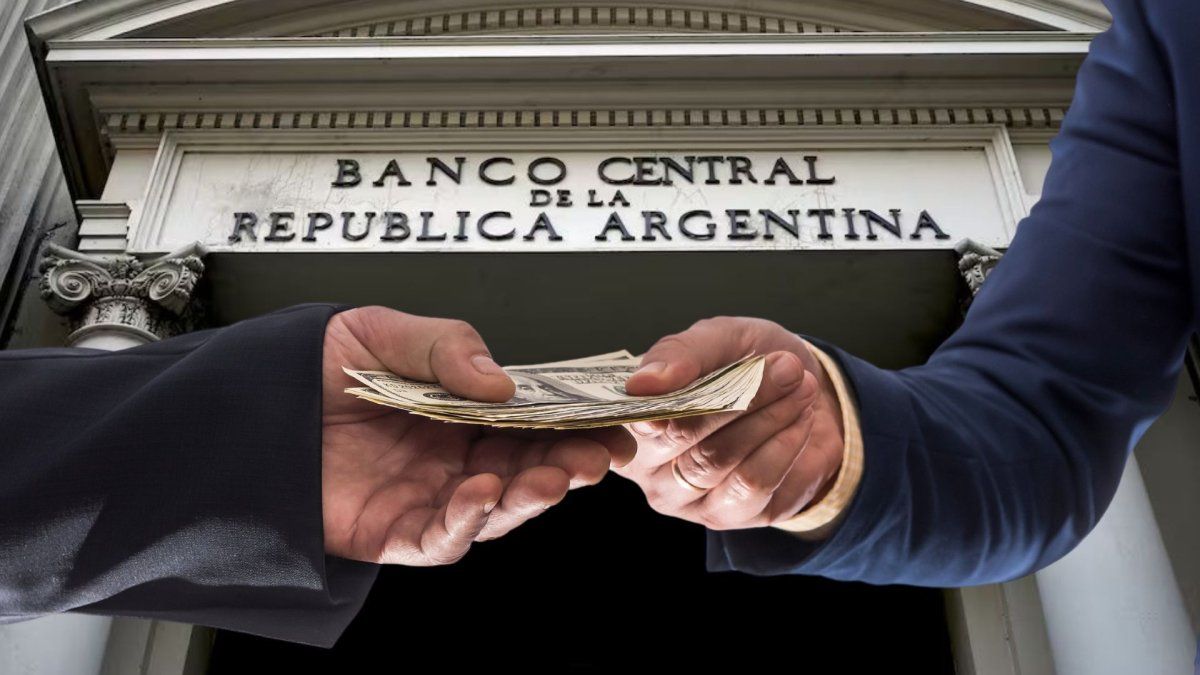The benchmark bond Bonar 2030 lost 1% with a rate of return (yield) that exceeded 50% in dollars, reflecting the implicit risk, that is, levels of default.
It occurs one day after the Central Bank (BCRA) limited the holding of CEDEAR (foreign papers listed in pesos on the Stock Exchange) to companies that access the foreign exchange market. The measure aims to limit the actions of companies that seek hedges in hard currency, determining a maximum of 100,000 dollars as an availability limit and providing that those who operate in the official exchange market will not be able to buy or sell CEDEAR for 90 days.
Under this scenario, the country risk prepared by the JP. Morgan bank rose 1.1% (31 basis points) to 2,945 units.
The growing doubts about the future of the Argentine economy this week triggered strong pressures on the foreign exchange market that sank the price of the peso, in the midst of soaring inflation, high emissions and political tensions.
“The rumors are the thermometer of the market and lead the investing public to protect their capital and not lose in relation to the hard currency,” said Ayelen Romero of Rava Bursátil.
S&P Merval
In equities, the Buenos Aires stock market operates with slight increases this Friday and the BYMA’s S&P Merval stock index gained 0.3% to 112,374.78 points, after soaring a strong 4.7% in the previous session due to hedging.
Source: Ambito
David William is a talented author who has made a name for himself in the world of writing. He is a professional author who writes on a wide range of topics, from general interest to opinion news. David is currently working as a writer at 24 hours worlds where he brings his unique perspective and in-depth research to his articles, making them both informative and engaging.




